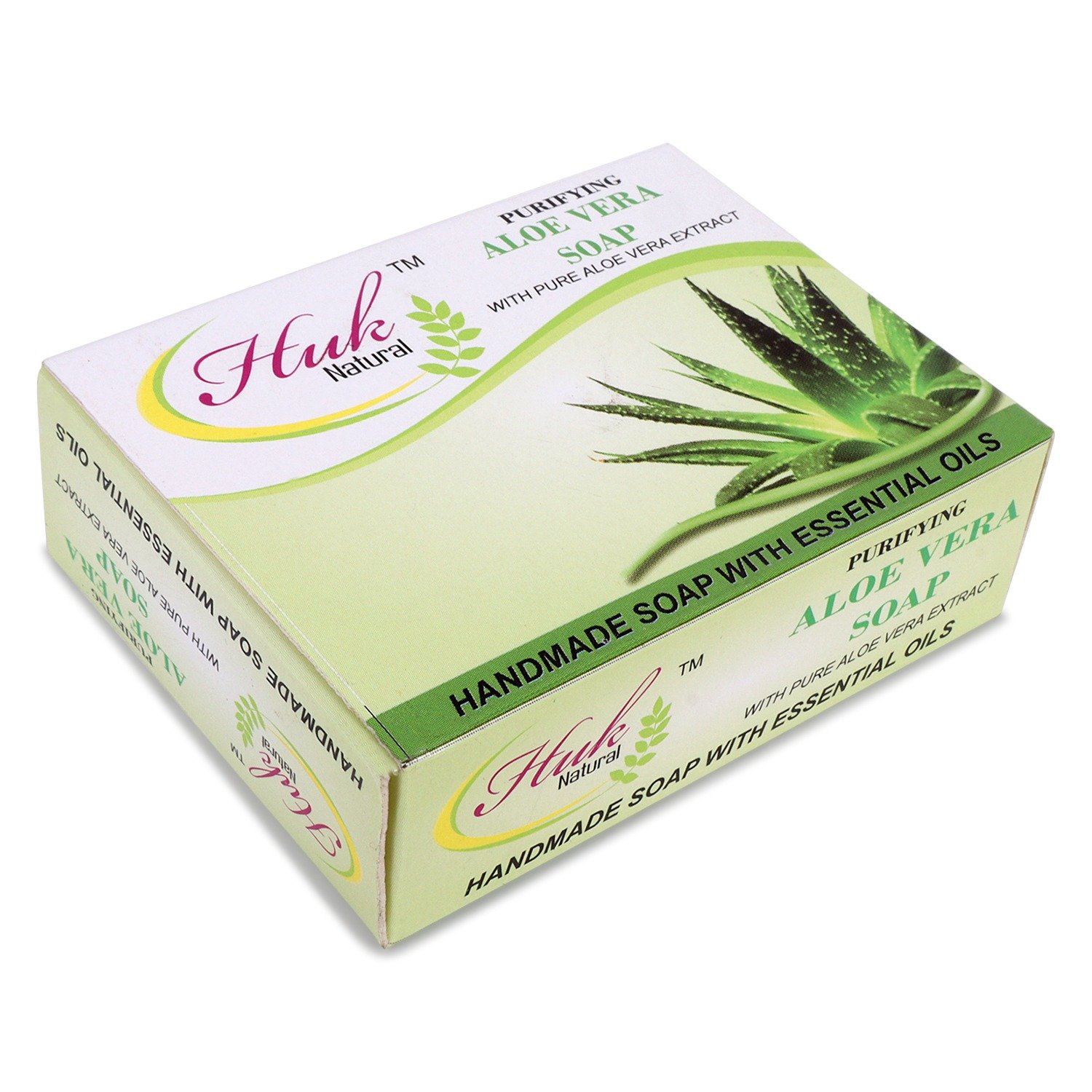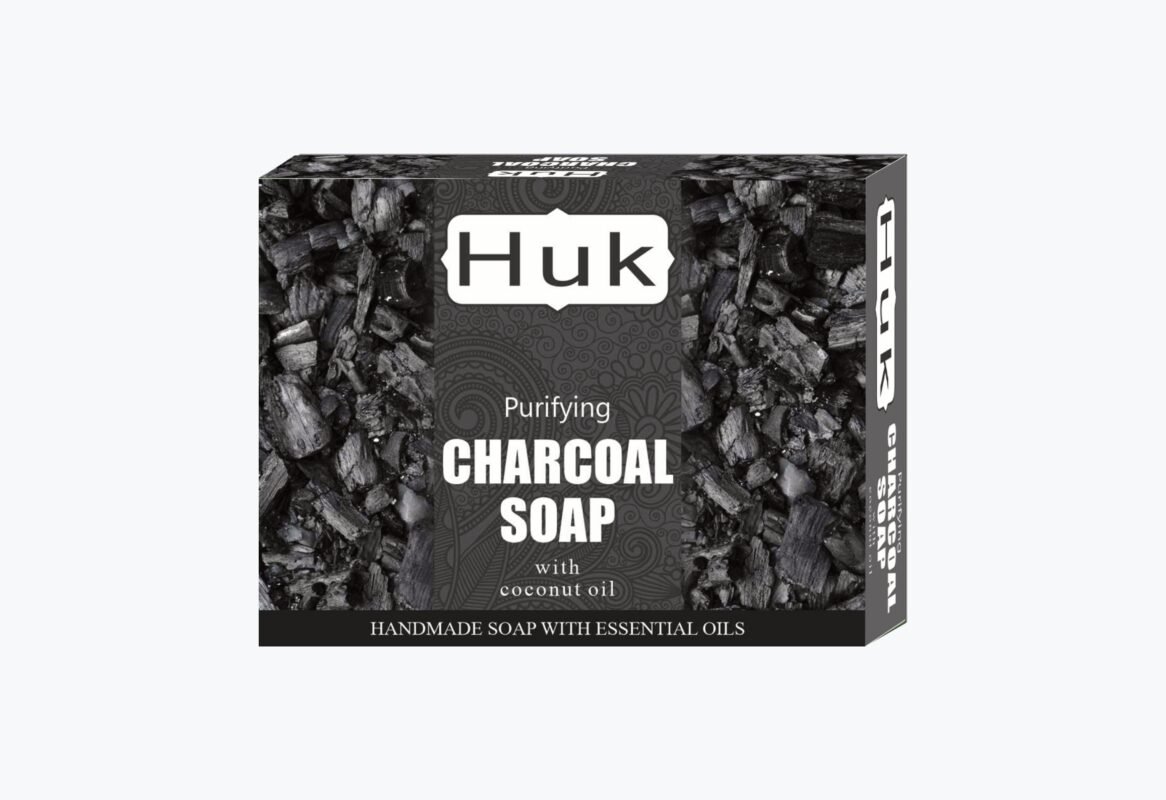The History of Natural Soap-Making in India
Soap-making in India has a rich history deeply rooted in ancient traditions and cultural practices. Here’s a journey through the evolution of natural soap-making in the country:
Ancient Origins
Ancient Indian civilization, dating back thousands of years, has documented evidence of soap-making practices. Early Indians utilized natural ingredients like plant oils, herbs, and ashes from wood or plants to create cleansing agents.
Traditional Techniques
Traditional soap-making techniques varied across regions. In southern India, for instance, coconut oil was a popular base due to its abundant availability. In the north, mustard oil and ghee were commonly used. These oils were combined with locally sourced herbs and extracts to produce soap with medicinal properties.
Influence of Ayurveda
Ayurveda, India’s ancient medicinal system, significantly influenced soap-making. Herbal extracts such as neem, tulsi, turmeric, and sandalwood were incorporated into soaps for their therapeutic benefits. These natural ingredients were believed to cleanse, nourish, and heal the skin.

Colonial Impact
During the colonial era, soap-making in India underwent changes with the introduction of industrial methods and synthetic chemicals. This period saw a shift towards mass production and commercialization, often sidelining traditional natural methods.
Revival of Natural Soaps
In recent decades, there has been a resurgence of interest in natural and organic products, including soaps. Consumers are increasingly drawn to soaps made from natural ingredients due to their perceived benefits for skin health and environmental sustainability.
Modern Practices
Today, natural soap-makers in India blend ancient wisdom with modern techniques. They emphasize eco-friendly practices, sourcing sustainable ingredients, and avoiding synthetic chemicals. Artisans and small businesses play a crucial role in preserving traditional recipes and promoting local craftsmanship.
Cultural Significance
Soap-making in India isn’t just about cleanliness; it’s intertwined with cultural rituals and practices. Certain soaps are used during religious ceremonies, festivals, and weddings, reflecting their cultural importance.
Future Prospects
As awareness grows about the benefits of natural skincare products, the future of natural soap-making in India looks promising. There’s a renewed focus on preserving indigenous knowledge, supporting local communities, and promoting sustainable practices.
Conclusion
The history of natural soap-making in India is a testament to the country’s diverse cultural heritage and deep-rooted traditions. From ancient rituals to modern innovations, the journey of Indian soap-making reflects a blend of tradition, innovation, and a sustainable future.



